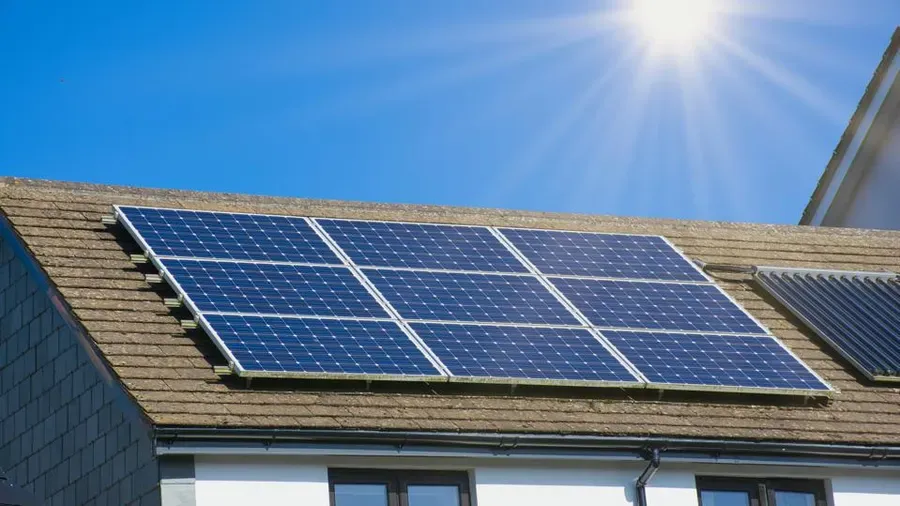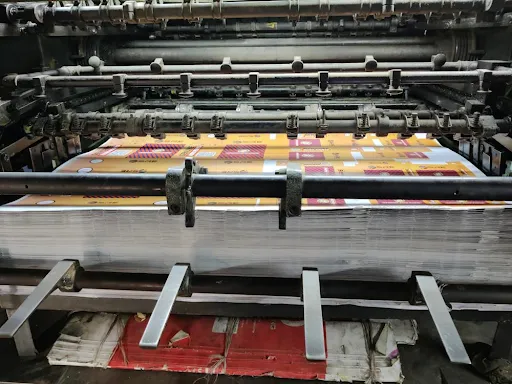More homeowners are choosing rooftop solar as an accessible way to provide clean energy. As you start looking for solar installers in Denver, you need to consider the cost of your system and installation.
Cost Of Going Solar With Your Home
There are multiple components to consider when calculating the cost of going solar. For example, the type, brand, and type of panels you choose can significantly affect the price. Other factors include how much power your household uses and whether you want to stay connected to the power grid or go completely off-grid.
Solar Panels
There are two main types of solar panels: monocrystalline and polycrystalline. The difference between them is the type of glass used within individual solar cells. Poly panels are the most cost-effective and can be a good option for households where space is not a concern since they are not as efficient as their mono counterparts. Mono panels bring a higher efficiency at a higher price. They are great when you need to produce the most power in a limited amount of space.
Solar panels will make up the bulk of your system cost. Therefore, you should understand your options and your estimated power needs before choosing which ones to buy.
Other Hardware
There are several other pieces of hardware you’ll need to install your panels and connect them to your home’s power supply. These include rails or a ground mount, an inverter, and a charge controller if you are using batteries.
If you want solar power even when the sun isn’t out, you’ll need to invest in batteries to store it. Lithium-ion batteries are generally considered the safest and most versatile option, but they are also significantly more expensive than traditional lead-acid batteries.
Tax Breaks and Incentives
While your system cost will vary, the initial cost of installation can be substantial. Luckily, solar companies in Dallas can help you find available programs to help lower the cost. These might include any of the following:
- Tax credits: These are available from the federal and some local governments. They directly lower your annual tax bill.
- Utility incentives: Some utility companies provide incentives for installing solar panels or backup solar generators.
- Manufacturer promotions: If you are willing to wait for the right time, you can save by buying taking advantage of manufacturer sales and rebates offered throughout the year.
- Net metering: In many places, you can offset some of the system’s cost by participating in net metering, or selling excess power back to the grid.
Typical Financing Options To Consider
Financing can help make the installation of a new solar panel system more affordable. Solar companies in Houston are offering excellent financing options. Zero-down plans and loans with interest rates as low as 0% are attractive options, especially when coupled with product and installation warranties.
Solar panel costs vary depending on the size and type of system you choose. However, manufacturer incentives, tax credits, net metering, and attractive financing programs help make them affordable. Contact a solar installer in your area to learn more about options for adding solar to your home.





